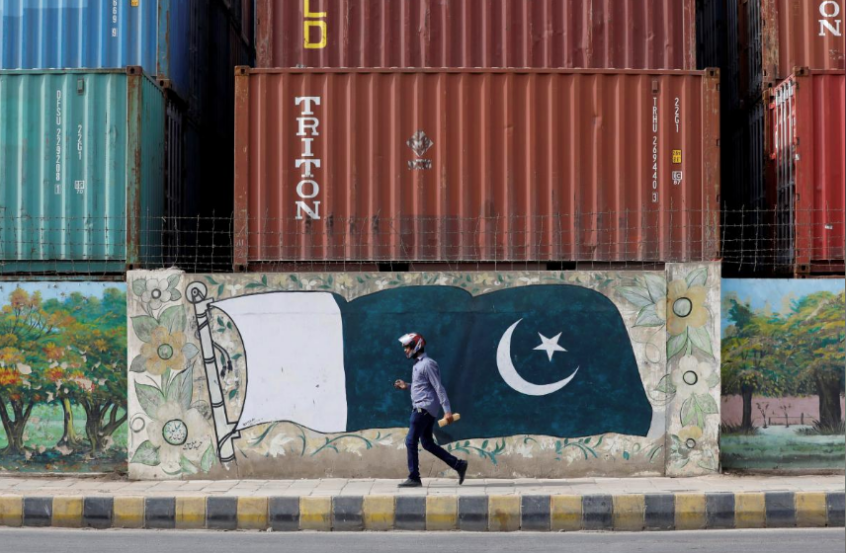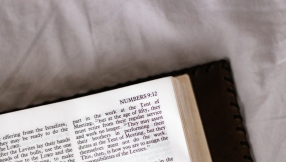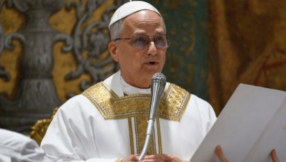Pakistan on Wednesday denounced the United States for placing it on a list of countries violating religious freedoms, calling the designation politically motivated.
US secretary of state Mike Pompeo on Tuesday added mainly Muslim Pakistan to the US list of 'countries of particular concern', which have violated religious freedoms or tolerated abuses against religious groups.

The move is likely to put further strain on relations between Islamabad and Washington, who have repeatedly clashed over how to deal with Islamist militants waging war in Afghanistan.
Pakistan's addition to the list comes despite efforts to end what in recent years has been its most controversial case involving a member of a minority religion.
The Supreme Court in October acquitted a Christian woman held on death row for more than eight years on a charge of blasphemy that she denied. Asia Bibi's acquittal sparked days of violent protests by hardline Muslims.
Pakistan's foreign ministry said preserving the rights of minorities was a 'cardinal principle' of the constitution, and it denounced the inclusion on the US list.
'Pakistan rejects the US State Department's unilateral and politically motivated pronouncement,' the ministry said in a statement.
Last year, the United States put Pakistan on a watch-list of countries that violate religious freedom.
This year came the designation, along with Myanmar, China, Eritrea, Iran, North Korea, Sudan, Saudi Arabia, Tajikistan and Turkmenistan.
Pakistan was created out of Muslim-majority areas in colonial India in 1947, and for decades portrayed itself as a progressive Islamic nation.
Starting in the 1980s, however, it has drifted towards a more conservative interpretation of Islam that has reshaped the political landscape, fuelled militancy and cowed champions of tolerance and members of minorities into silence.
The vast majority of Pakistan's 208 million people are Muslims, with minorities accounting for about four per cent of the population, including Christians, Hindus, Sikhs and members of the Ahmadi Muslim sect, who say they are singled out for persecution.
Human rights minister Shireen Mazari said Pakistan's inclusion on the US list was 'pure political blackmailing' and an attempt by the United States to pressure Pakistan to implement US policy goals in Afghanistan.
Pompeo urged counties on the list to increase respect for religious freedom.
'In far too many places across the globe, individuals continue to face harassment, arrests, or even death for simply living their lives in accordance with their beliefs,' he said in a statement.













